Natural gas
Natural gas – the cleanest-burning hydrocarbon – comprises about half of Shell’s total production and is at the centre of our strategy to provide more and cleaner energy.
Highlights in 2017
- The Shell Petroleum Development Company of Nigeria Ltd joint venture (Shell interest 30%) started production at Gbaran-Ubie Phase 2 in the Niger Delta region.
- In Australia, the Shell-operated QGC venture started up the Charlie project, which comprises around 340 wells, a field compression station and pipelines and facilities.
- The Prelude floating facility that will produce and process liquefied natural gas at sea was safely anchored in Australia after a journey from a shipyard in South Korea.
Natural gas is a critical component of the world’s transition to a lower-carbon energy system. When used instead of higher carbon fuels such as coal and diesel, it will help to meet increasing demand while lowering greenhouse gas (GHG) emissions and air pollution.
Gas is one of the few energy sources that can be used across all sectors of the global economy. It is used to generate electricity, provide heat for essential industrial processes and homes, as well as fuel for heavy-duty road transport, shipping and rail. Gas emits between 45% and 55% lower GHG emissions than coal when used to generate electricity, according to International Energy Agency data.
Gas can also act as a partner for intermittent renewable energy, such as solar and wind, to maintain a steady supply of electricity, because gas-fired plants can start and stop relatively quickly.
Shell explores for and produces natural gas both onshore and offshore. Our expertise ranges from finding the fields and extracting the gas to liquefying it, shipping it, turning it back into gas and distributing to customers. Shell is the largest liquefied natural gas (LNG) marketer of all independent oil and gas companies. We sell LNG to around 70 customers in about 25 countries.
Activities in 2017
Trinidad and Tobago
In August 2017, Shell acquired Chevron’s subsidiary in Trinidad and Tobago, including its 50% interest in the Shell-operated East Coast Marine Area Blocks 6, 5a and E. This strengthens Shell’s position to supply gas to the domestic market, as well as internationally through Atlantic LNG, which produces LNG using gas extracted from fields in and around the country. Atlantic LNG is one of the largest facilities of its kind in the world, with a production capacity of 14.8 metric tonnes of LNG a year.
Nigeria
In August 2017, the Shell Petroleum Development Company of Nigeria Ltd joint venture started production at Gbaran-Ubie Phase 2 (Shell interest 30%) in the Niger Delta region. Gas from this project will help to improve supply to the domestic economy and export market.
Australia
As a result of the BG acquisition in 2016, we have a majority interest in the QGC project in Queensland, Australia, which produces natural gas from coal seams and liquefies it as LNG through two processing units, called LNG trains. The Shell-operated project supplies natural gas to the domestic market and LNG to international customers and can produce up to 8.5 million tonnes of LNG a year. We hold a 50% interest in train one, a 97.5% interest in train two and a 100% interest in the common facilities on the LNG plant.
In August 2017, QGC started up the Charlie project. This involved drilling around 340 wells, a 240Tj/day capacity field compression station and associated pipelines and facilities which feed into existing gas processing and water infrastructure at Woleebee Creek, South West Queensland. Construction created about 1,600 jobs and continues to support around 100 jobs. The Charlie project has a footprint of less than 2,000 hectares within a development area of around 1,230 square kilometres. It ensures QGC can continue to supply natural gas and provide jobs in Queensland. QGC supplies around 40% of the gas needs of Queensland and around 14% of Australia’s east coast demand.
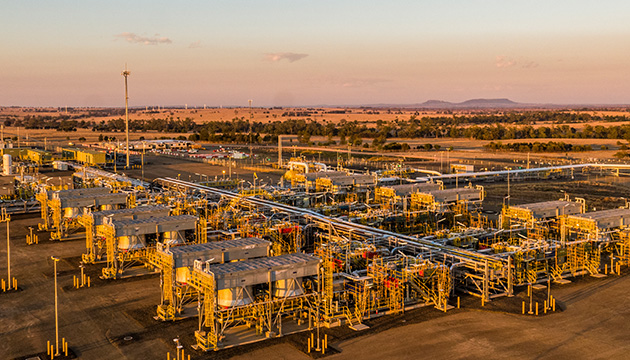
The Charlie project started up in 2017 and will ensure QGC can continue to supply natural gas and provide jobs in Queensland, Australia.
Prelude floating liquefied natural gas
In July 2017, the Prelude floating liquefied natural gas (FLNG) facility (Shell interest 67.5%) arrived safely in Australia – after leaving a shipyard in South Korea in June – ready for the commissioning phase of the project. Once operating, Prelude will extract and process gas at sea.
FLNG removes the need for pipelines to shore, dredging and onshore works, significantly limiting the disturbance to the surrounding environment and in the right conditions, reducing development costs.
FLNG is a competitive solution for fields like Prelude, which are very remote and hard to access.
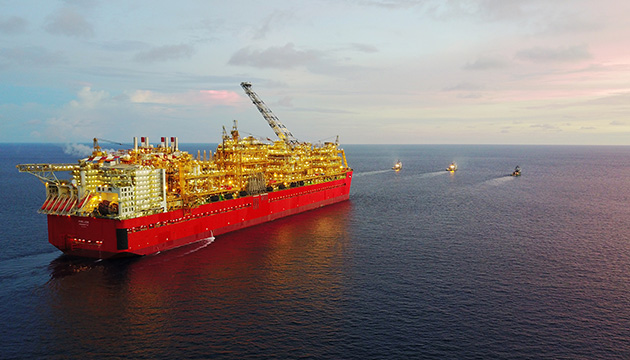
Prelude made its journey to Australia pulled by a team of tugboats.
LNG as a fuel for transport
Cleaner vehicles and fuels are needed to meet increasing demand for transport with less greenhouse gas emissions and air pollution. LNG, which burns more cleanly than diesel, is a fuel for heavy-duty road transport, shipping and rail. In shipping alone, there are around 200 sea-going vessels powered by LNG. The International Maritime Organization has made progress in agreeing to limit sulphur oxide and nitrogen oxide emissions from all ships. LNG fuel can help ship operators meet these requirements.
We signed an agreement in April 2017 with Sovcomflot, a Russian shipping company, to supply LNG to four of its crude oil tankers. The tankers, which operate in the Baltic Sea and Northern Europe, will be the first in the world powered by LNG.
In August 2017, we finalised a long-term agreement to charter an LNG bunker barge with the capacity to carry 3,000 cubic metres of LNG fuel. We also took delivery of the Cardissa, an LNG bunker vessel with a capacity to hold around 6,500 cubic metres of LNG fuel. Both will deliver fuel from the Gate terminal in Rotterdam to locations in Europe.
In December 2017, RedStar, a joint venture between Shell and Shaanxi Yanchang Group Company, opened an LNG retail site in Shaan’Xi, north-west China. China is the largest market for LNG as a fuel, with more than 200,000 heavy-duty trucks and buses using it.
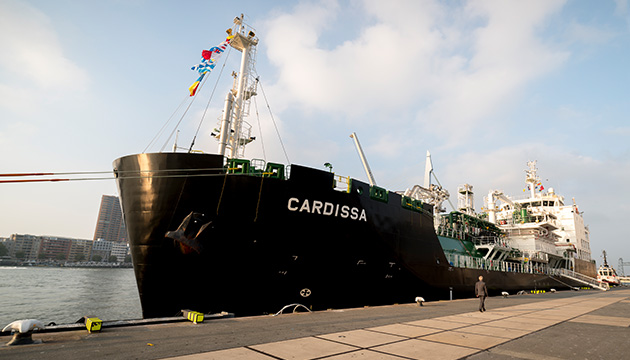
The Cardissa LNG bunker vessel will deliver fuel from the Gate terminal in Rotterdam to locations in Europe.
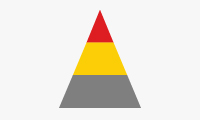 Sustainability at Shell
Sustainability at Shell
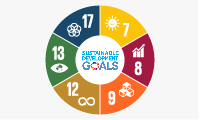 Sustainable development goals
Sustainable development goals
 About our data
About our data
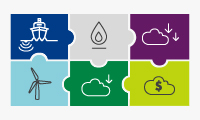 Energy transition and climate change
Energy transition and climate change